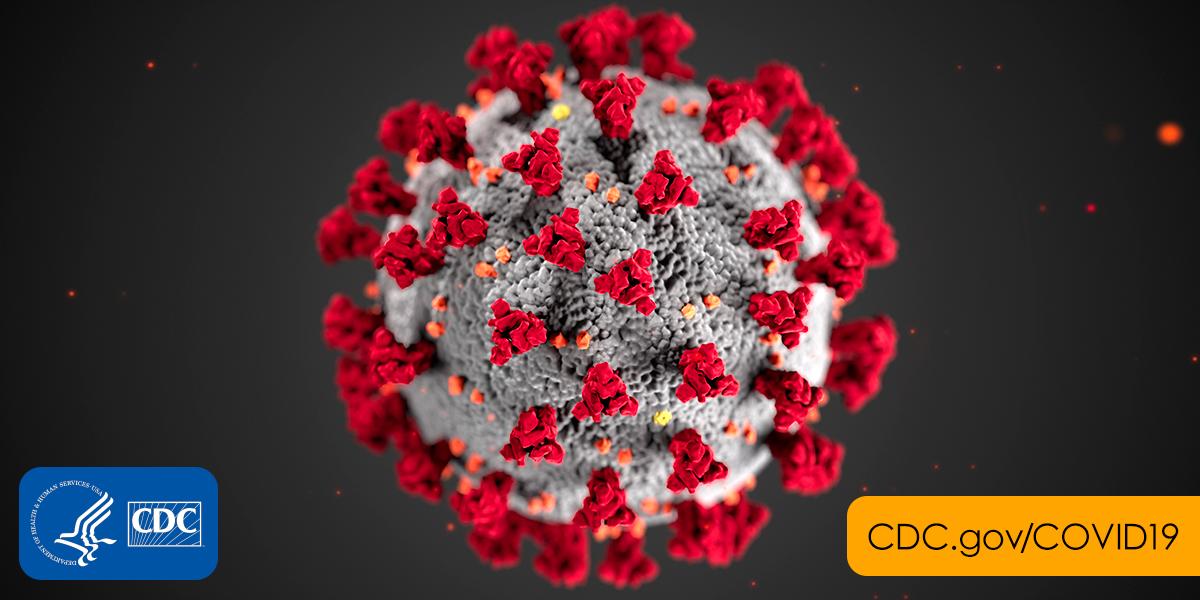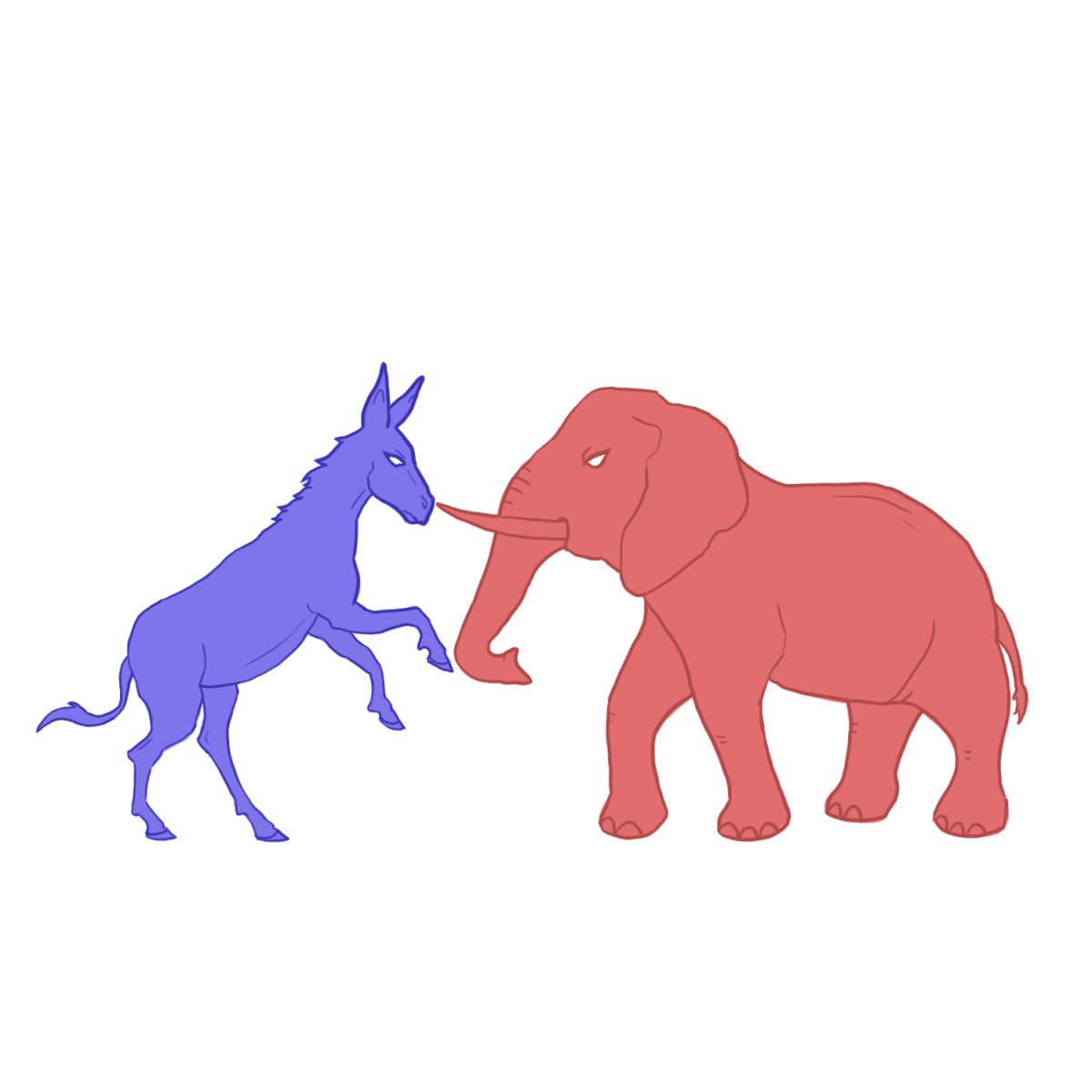The race for a COVID-19 vaccine continues as researchers at Texas A&M find new ways to safely accelerate the development process.
Regents professor and head of the Department of Microbial Pathogenesis and Immunology James Samuel, Ph.D., is leading a team of scientists working closely with iBio, Inc., an international biotechnology company with a production facility in Bryan, to test a coronavirus vaccine candidate that could be produced in genetically modified tobacco plants. Samuel, whose lab has experience testing vaccines for other respiratory viruses, said iBio reached out to ask his lab to provide the “preclinical arm” of this coronavirus vaccine investigation. The preclinical arm involves testing the vaccine in a suitable animal model before moving forward with human trials.
Samuel said they are currently testing two vaccine candidates on mice, which can model the potential immunizing capacity of the vaccine.
“We just started getting information from the mouse responses to our vaccine, and we are thrilled that the mice responded immunologically quite well,” Samuel said. “That’s a good thing. The mice are [responding] the way that we were predicting they might.”
In addition to Samuel’s lab, he said iBio has also partnered with the Infectious Disease Research Institute (IDRI), well known for vaccine formulations and clinical trials, who are providing the adjuvant component of the vaccine. An adjuvant stimulates a better immune response within vaccine recipients, according to the Centers for Disease Control.
“The types of adjuvants that would be best were predicted in the SARS experimental model systems,” Samuel said. “The reason that it was even conceivable to have [COVID-19] vaccines designed and tested in this timeframe is because the related coronaviruses, particularly SARS, had already been investigated and tested and some important understanding was made.”
Samuel said all biologics in the U.S., including vaccines, must be approved by the Food and Drug Administration through an investigational new drug (IND) application. Because of the immediate need for a COVID-19 vaccine, Samuel said the FDA has uniquely made available a pre-IND document to investigate the status of new vaccines while they are being tested in animal models. Pending safe and positive results, the pre-IND could eventually be merged with the IND to start phased human clinical trials.
Samuel said he anticipates his lab will have collected enough data from the mice to get approval from the FDA to start phase one clinical trials in a small group of humans by the end of the year. Phase one, which Samuel said focuses on studying the safety of the vaccine, could begin around January 2021, with the potential to move into a combined phase two and three by April 2021, where efficacy questions are addressed in a larger study population.
“If this pathway for this material were to be evaluated clinically in a phase two-three trial with a larger population, I would imagine that the vaccinations could happen in spring [2021],” Samuel said. “Maybe [we will have] data accumulated about the protection incidents by early summer [2021].”
Associate dean of Texas A&M’s Global One Health, Gerald Parker, Ph.D., said up to 10 vaccine candidates around the world are already entering combined phase two and three clinical studies, three of which are in the U.S. Some of those vaccine candidates, including the two Samuel’s team are testing if they get to phase two-three, will begin manufacturing production before the trial results come out, and they will be stored until positive results are conclusive. Parker said despite the financial risk and uncertainty involved with this decision, most policy makers remain optimistic.
“This is promising news,” Parker said. “In the event that some of the clinical trials are successful we will already have some doses of the vaccines available. The ability to accelerate the development and making the vaccine accessible through licensures continues.”
Parker said the Centers for Disease Control and several state public health authorities, including Texas’, are currently working on vaccine distribution plans on the assumption that the clinical trials will be successful.
“It will be a scarce resource at first,” Parker said. “The big policy question is ‘who gets the first dose?’ Those policy discussions are underway, which is good.”
A&M experts offer updates on COVID-19 vaccine testing on-campus
July 19, 2020
0
Donate to The Battalion
$2165
$5000
Contributed
Our Goal
Your donation will support the student journalists of Texas A&M University - College Station. Your contribution will allow us to purchase equipment and cover our annual website hosting costs, in addition to paying freelance staffers for their work, travel costs for coverage and more!
More to Discover










